Category: Governance
-
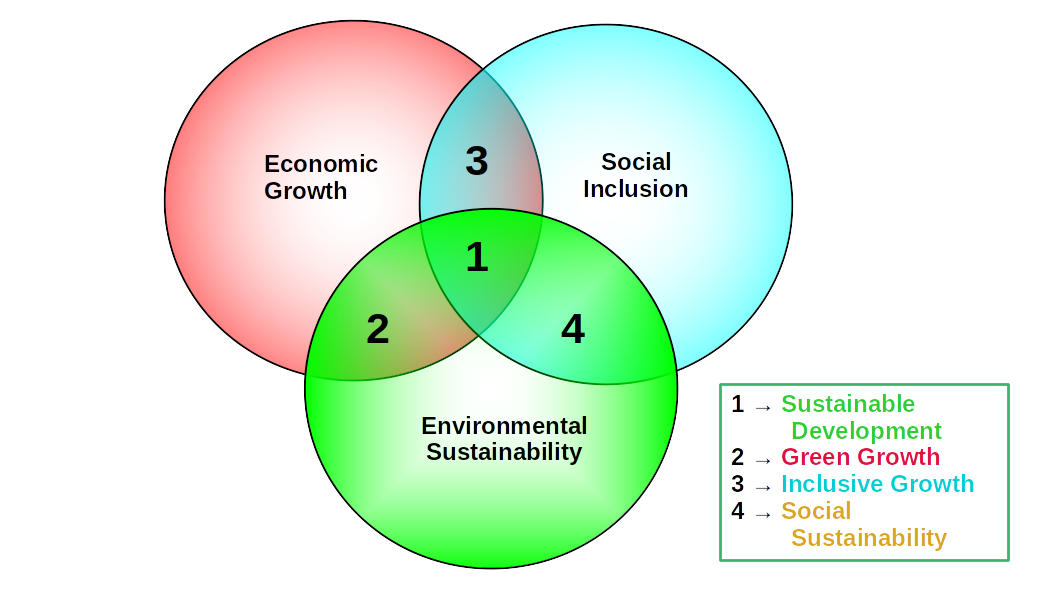
Digital Technologies and Sustainable Development
1. Overall context Much water has already gone under the bridge on this topic. Yet the flow shows no signs of coming to a halt soon. In the early days of the so-called “Internet revolution,” only a few were connecting the two. At the 1992 UN Earth Summit in Rio de Janeiro, which I had…
-

The Environment and “Socialist” States
Thirty-six years after it first broke the news for the wrong reasons, Chernobyl is back in the headlines thanks to the horrible and absurd Russian invasion. Sixteen months before the well-known Soviet nuclear meltdown of 1986, a plant located in Bhopal, India, owned and run by a private U.S. corporation, released a lethal gas into…
-
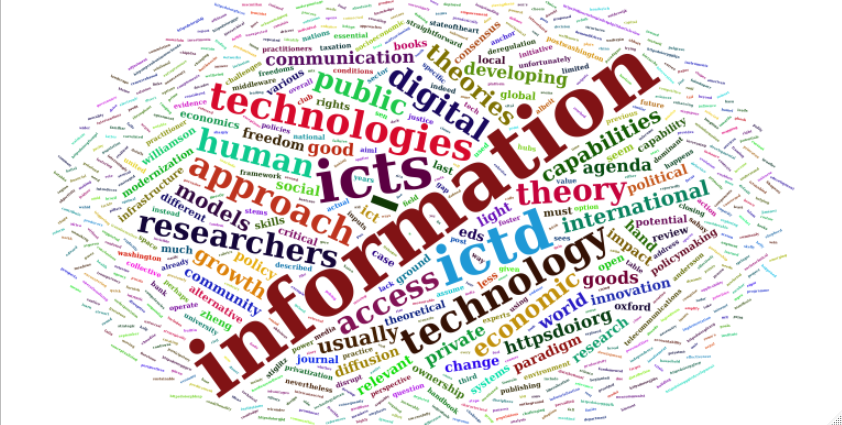
ICTs and Development Theories – II
Linking ICTs to development External researchers and experts poking into ICTD for the first time might assume that the field has, 30 years after its birth, a cohesive theory of how ICTs impact development. Unfortunately, that is not the case. If ICTD were a digital platform, we could conclude that its middleware is either missing…
-

ICTs and Development Theories – I
ICTD overview The field of ICTD first saw the light over 30 years ago (selected references are provided at the end of the 2nd part of this post). Its overall scope is ambitious as it covers several sectors and thematic areas. Indeed, ICTD comprises three core elements: ICTs, development—yet another large and complex field—and an…
-
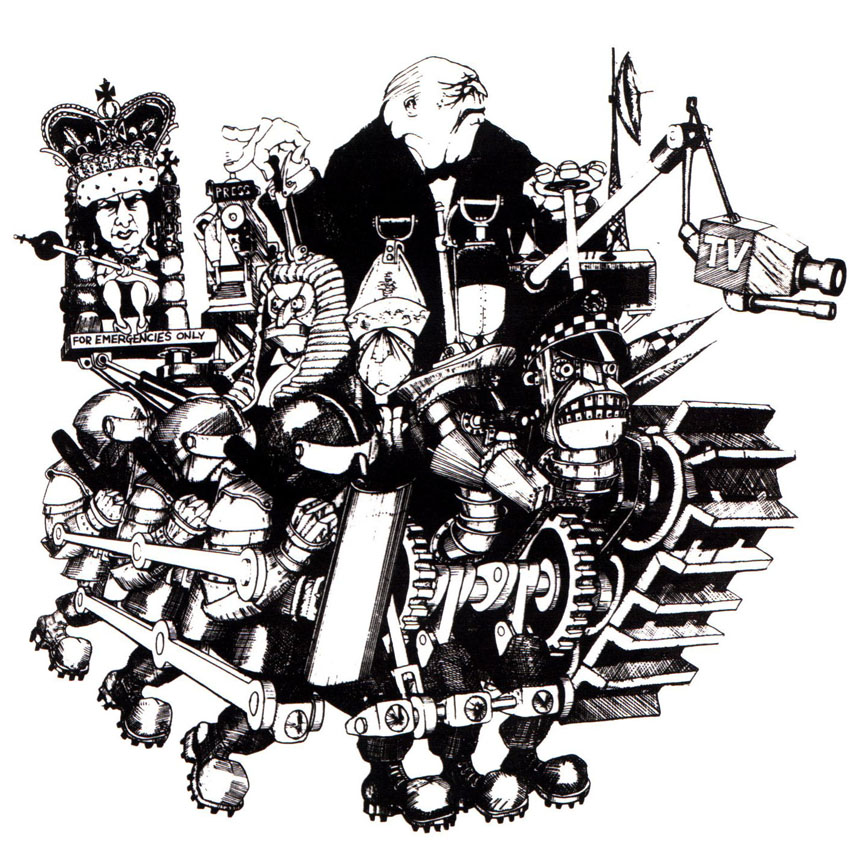
State Capacity and Digital Technologies – I
To the Moon and Back It was my elder sister’s 25th birthday when Apollo 11 landed on the moon. We watched the unprecedented event on B&W TV – our grandma openly expressing total skepticism. We then went out for a family celebration. Funny, I still vividly remember the restaurant where we dined, which, needless to…
-

Blockchain Adoption in the Public Sector – II
Regulatory frameworks are usually perceived as counter-productive and even nefarious by innovators, pundits and followers. Together they will go out of their way to stop them, arguing that their impact on innovation is lethal, as discussed in a previous post. One could say that such a view finds more ground on ideology than on actual…
-

Blockchain Adoption in the Public Sector – I
Over ten years after its creation, the hype on Blockchain Technology (BCT) continues to dominate the scene compared to actual implementation. However, that does not necessarily imply it has remained immune to change. At the very onset, Cryptocurrencies, led by Bitcoin, were the main attention magnets. Not surprisingly as, after all, the goal of its…
-

Digital Government and Social Leaders
As part of an online course on Digital Government for Social Leaders, I was asked to develop a script for a five-minute animation where an Avatar will introduce the topic and entice the leaders to embrace it as part of their political agendas. The animation introduces the short course and is complemented by a more…
-
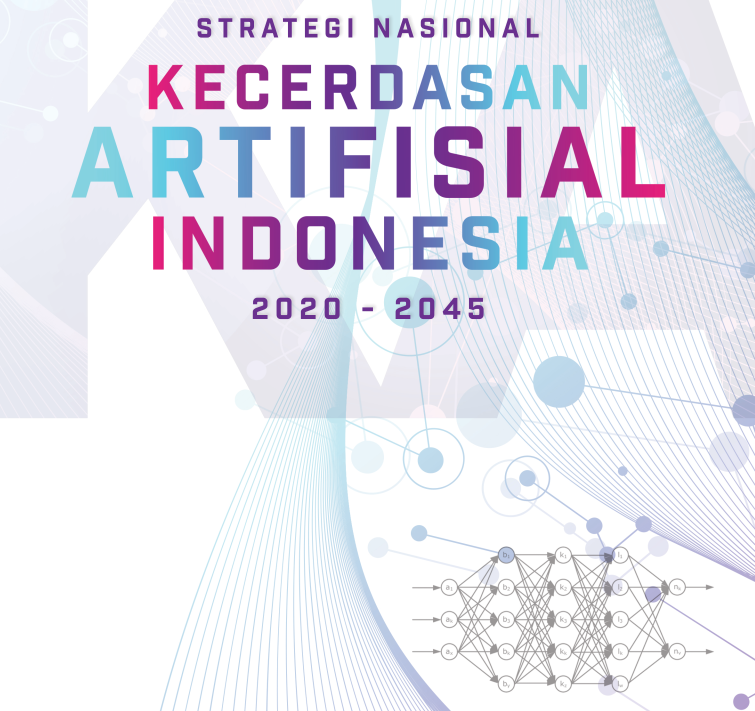
AI National Policies – III
Policy Evolution Comparatively speaking, AI national policies and strategies have evolved much slower than other digital strategies such as ICT, Digital Government, and Open Data. That might seem paradoxical given the systemic benefits and risks of the revived and now resurgent technology, undoubtedly more significant than any previous innovations. Nevertheless, in the early days, skepticism…
-
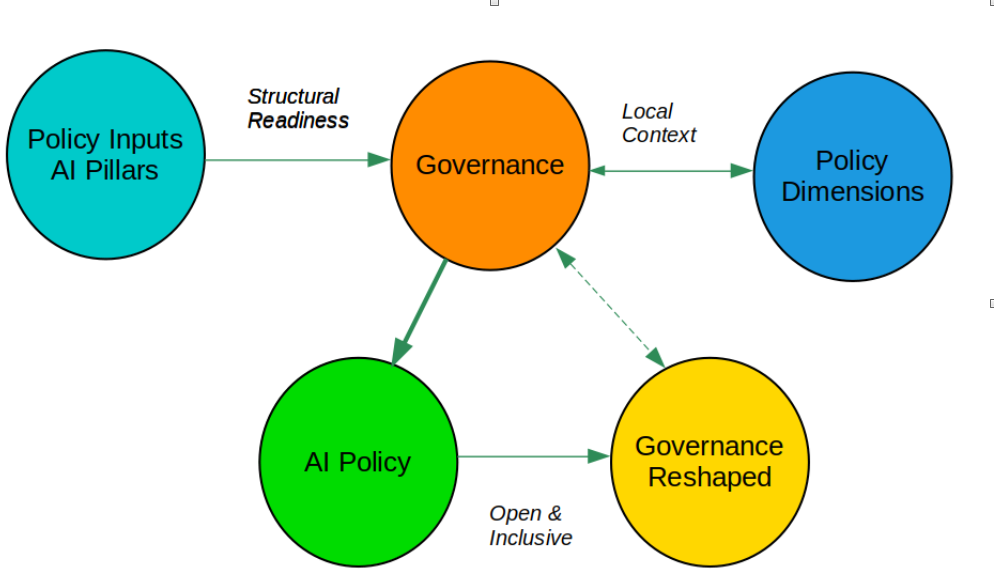
AI National Policies – II
As mentioned in the previous post, policymakers should skip over the dominant technology-centered AI perspective and instead position AI as a multi-dimensional structure cutting across all sectors. Indeed, national AI policy effectiveness depends, to a large extent, on the AI vision that policymakers adopt. Unfortunately, AI appears almost irrelevant for many policymakers in low-income countries,…
-
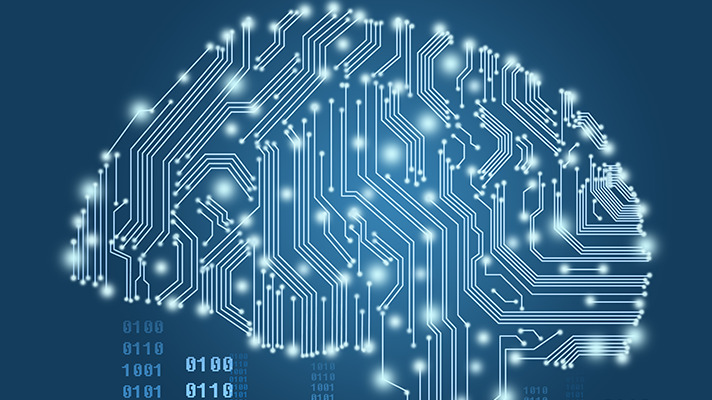
AI National Policies – I
National policy development on new digital technologies has become a staple since the emergence of the Internet in the early 1990s. It has certainly not been limited to the most advanced countries. Nations in the Global South have also climbed the same steep and now long policy slopes, albeit rarely being leaders in emerging areas.…
-

AI Topography
For the last 30 years, the seemingly endless number of so-called technology revolutions invading our expansive yet decaying landscape has been accompanied by a proliferation of wide-ranging publications, usually playing catch-up while trying to predict the future on the spot. That has certainly been the case since the official birth of the Internet. In the…
-
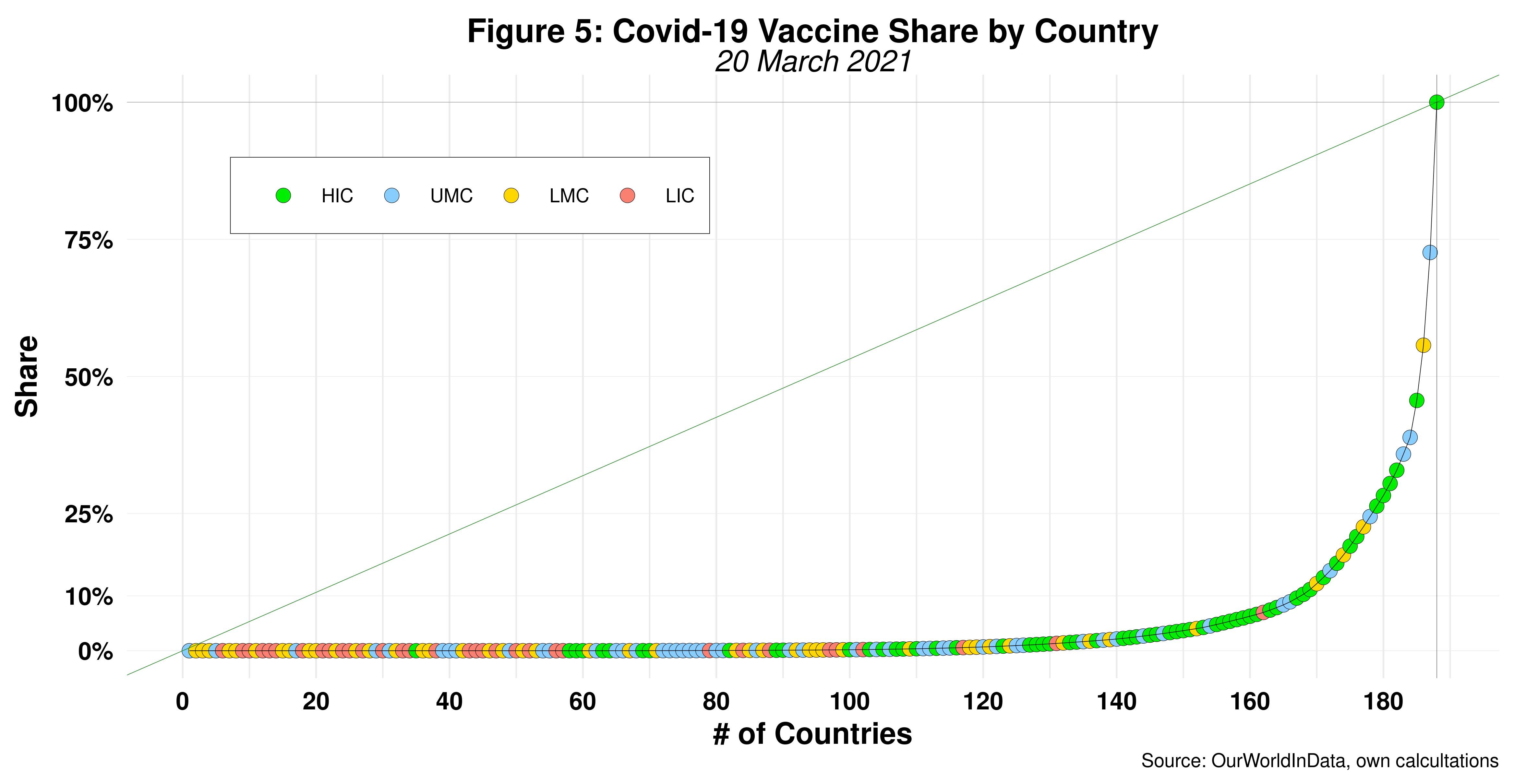
Vaccine Inequality
Already under siege in many quarters, Globalization has now added the seemingly unstoppable spread of the Corona Virus to its already dubious credentials. As expected, not one single country has been spared, rich and poor suddenly standing on the same level playing field – a milestone economic globalization never accomplished despite mainstream media coverage tirelessly…
-
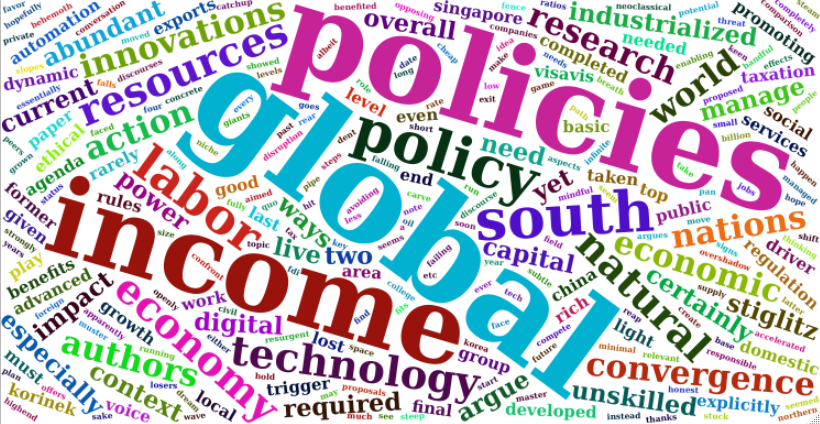
AI and Development Policies
Strongly supported by behemoth tech companies, the “ethical and responsible” AI discourse has almost completely overshadowed the relevant conversation on the potential socio-economic impact the resurgent technology might have in developing countries. While such discourse’s subtle agenda, apparently now failing, is essentially aimed at avoiding any government regulation by promoting “AI for good,” research on…
-
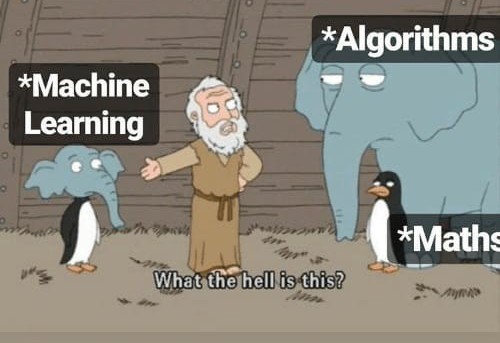
Greater “AI for Good”
The proliferation of top, best, fails and prediction posts on almost any topic is now a staple of the annual transition from one year to the next. As the new year starts seeing the light of day, we seem compelled to take stock of the previous 365.25 days and poke more in-depth into the short…